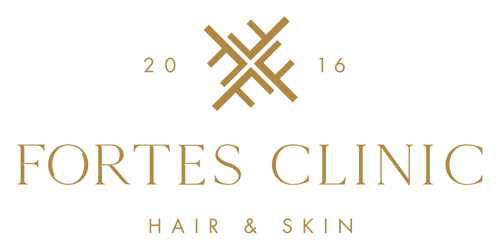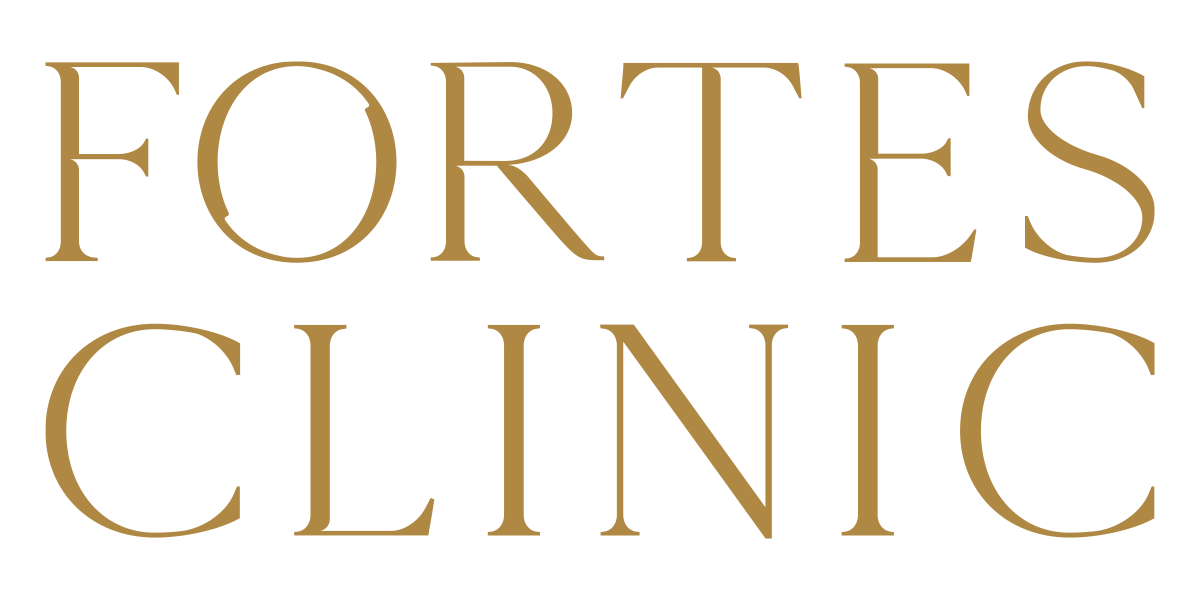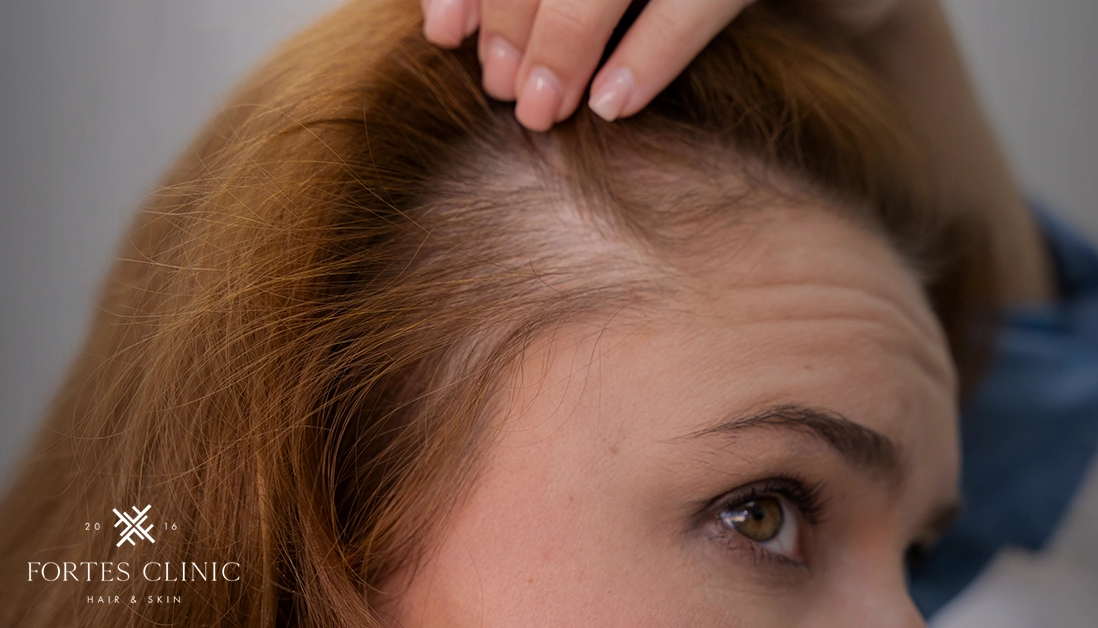Introduction
Thinning hair in women is not just a physical condition but also an emotional journey that affects many aspects of life. While often overshadowed by male baldness, female hair thinning is a prevalent concern, impacting women’s self-esteem and social dynamics. In this comprehensive guide, we explore the myriad of treatment options available for women with thinning hair, aiming to empower those affected with knowledge and confidence in their journey to healthier hair.
Understanding Thinning Hair in Women
Causes of Thinning Hair in Women
Understanding the root causes of thinning hair is essential in identifying the right treatment. While genetics play a crucial role, other factors like hormonal changes, especially during menopause, pregnancy, or as a side effect of birth control pills, significantly impact hair health. Nutritional deficiencies, particularly a lack of iron, vitamin D, and protein, can also lead to hair thinning. Furthermore, underlying medical conditions such as thyroid disorders, autoimmune diseases, and scalp infections are contributing factors.
Psychological Impact of Thinning Hair
The emotional toll of thinning hair is profound. For many women, their hair is an integral part of their identity, and its loss can lead to a decrease in self-esteem and confidence. The societal pressure to have lush, voluminous hair exacerbates the issue, often leading to a feeling of isolation or embarrassment. Understanding this psychological impact is crucial in approaching treatment with empathy and support.
Diagnosis and Assessment
When to Seek Professional Help
Recognising when to seek help is a pivotal step. Early intervention can prevent further hair loss and, in some cases, reverse thinning. It is advisable to consult a trichologist or dermatologist when you notice significant shedding, thinning patches, or if your scalp becomes visible.
What to Expect During a Consultation
During your consultation, a specialist will evaluate your medical history, looking for any genetic, lifestyle, or health-related causes of hair thinning. A physical examination of your scalp will help assess the pattern and extent of hair loss. Diagnostic tests, such as blood tests for nutrient deficiencies or hormonal imbalances and scalp biopsies, might be recommended to pinpoint the exact cause.
Treatment Options for Women With Thinning Hair
Medical Treatments for Women with Thinning Hair
Medical interventions can be effective for managing hair thinning. Topical treatments like Minoxidil are widely prescribed to stimulate hair growth and slow balding. Oral medications, although less common, can be effective but must be used under strict medical supervision due to potential side effects. Hormone therapy, particularly for women undergoing menopausal changes, can also be beneficial in some cases.
Surgical Options for Women With Thinning Hair
Hair Transplants
Hair transplants are a surgical procedure used to treat significant hair loss or thinning. The process involves taking hair follicles from a part of the body, often the back of the scalp where hair is denser, and transplanting them to the thinning or balding areas. There are two main types of hair transplant techniques:
- Follicular Unit Transplantation (FUT): A strip of scalp with hair is removed from the donor area, and individual hair follicles are extracted and transplanted.
- Follicular Unit Extraction (FUE): Individual hair follicles are directly extracted from the donor area and transplanted.
Hair transplants offer a permanent solution for hair loss, as the transplanted hair follicles are genetically resistant to balding. The procedure can restore a more natural hairline and increase hair density.
Scalp Micropigmentation (SMP)
Scalp Micropigmentation is a non-surgical cosmetic treatment that creates the illusion of a fuller head of hair. It involves the use of detailed micro-needles to deposit pigment into the scalp. The procedure resembles traditional tattooing but is more sophisticated, focusing on replicating individual hair follicles.
SMP is an excellent option for people who are not suitable candidates for hair transplants or those who prefer a non-invasive solution. It’s particularly effective in creating a ‘shaved look’ for individuals with complete hair loss and in adding density to thinning areas for those with longer hair.
Platelet Rich Plasma (PRP) Therapy
PRP therapy is a medical treatment for hair loss that uses the patient’s own blood to stimulate hair growth. Blood is drawn, processed to concentrate the platelets (which are rich in growth factors), and then injected into the scalp where hair thinning is occurring.
The growth factors in PRP can encourage hair follicle growth and regeneration, making it a viable treatment for hair thinning and loss. PRP therapy is often used in conjunction with other hair loss treatments for enhanced results.
Trichology
Trichology is the branch of dermatology that deals with the scientific study of the health of hair and scalp. Trichologists are specialists who diagnose and treat disorders and diseases of the hair and scalp, such as hair loss, thinning, and scalp conditions like dandruff or psoriasis.
A trichologist performs a detailed analysis of a patient’s hair and scalp condition, lifestyle, and medical history to determine the cause of hair loss or scalp problems. They can recommend appropriate treatments, which might include nutritional advice, lifestyle changes, topical treatments, or referral to other specialists for medical interventions.
Each of these treatments plays a unique role in managing hair loss and thinning. They offer different approaches, from surgical and medical to cosmetic and holistic, catering to the diverse needs and preferences of individuals experiencing hair thinning and loss.
Preventive Measures
Nutrition and Diet for Healthy Hair
A balanced diet is fundamental in preventing hair thinning. Including protein-rich foods, omega-3 fatty acids, and antioxidants can nourish hair follicles. Foods like fish, nuts, seeds, and green leafy vegetables are excellent choices. Staying hydrated and reducing alcohol and processed foods can also contribute to healthier hair.
Hair Care Best Practices
Proper hair care involves choosing the right products and avoiding harmful practices. Opt for mild shampoos, preferably sulphate-free, and conditioners that suit your hair type. Limit the use of heat styling tools and avoid tight hairstyles that pull on the scalp. Regular trims can prevent split ends, which may lead to breakage and hair loss.
Regular Health Check-Ups
Routine health check-ups can help identify and address underlying health issues that might contribute to hair thinning. Regular screenings for hormonal imbalances, nutrient deficiencies, and other health conditions are essential preventive measures.
Experience the Expertise of Fortes Clinic in Hair Restoration
At Fortes Clinic, we understand the profound impact hair loss can have on your confidence and overall well-being. As a leading clinic specialising in hair restoration and scalp health, we are dedicated to providing advanced, personalised solutions for individuals experiencing hair thinning and loss.
Our team of experienced professionals, including expert trichologists and skilled surgeons, are at the forefront of hair restoration technology and techniques. We pride ourselves on offering a comprehensive range of services tailored to meet the unique needs of each client.
Why Choose Fortes Clinic?
- Expertise in Hair Restoration: Our team consists of specialists with extensive knowledge and experience in the latest hair restoration procedures. This spans hair transplants, scalp micropigmentation, and Platelet Rich Plasma (PRP) therapy.
- Personalised Approach: We understand that hair loss is a personal journey. Our experts conduct thorough consultations to understand your specific needs and design a treatment plan that aligns with your expectations and lifestyle.
- State-of-the-Art Treatments: Fortes Clinic stays abreast of the latest advancements in hair restoration. We use cutting-edge technology and techniques to ensure the best possible outcomes for our clients.
- Holistic Care: Beyond the physical treatment of hair loss, we also focus on the psychological aspects of hair thinning. Our approach is holistic, ensuring that you receive the support and care needed throughout your journey to restored hair health.
- Ethical and Transparent Practices: Trust and integrity are the cornerstones of our practice. We provide honest assessments and transparent information about the potential outcomes and costs of treatments.



